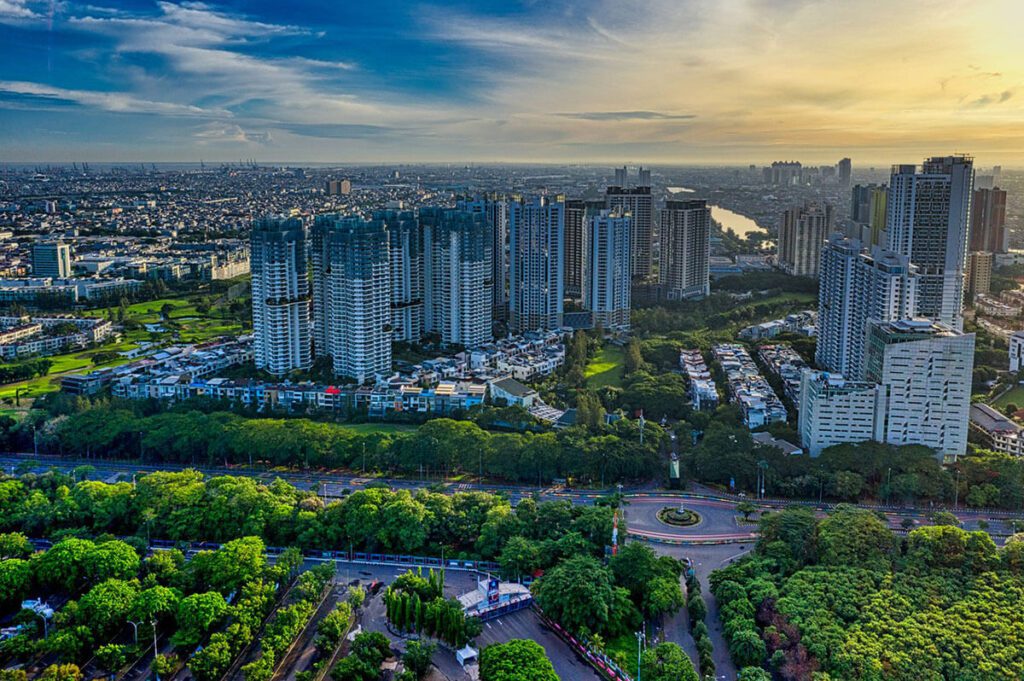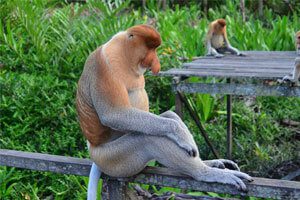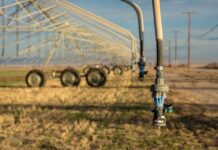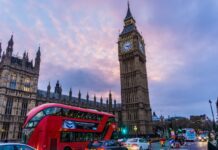
One more Earth Day on April 22, 2020, has just passed by. But it looks like humans have still not understood the significance of it.
Jakarta has been the capital of Indonesia since the nation’s independence in 1947. The city is bustling with residents over 30 million. But mostly after five years, Indonesia will have a new capital standing. It is the vision of President Joko Widodo who assumed the office in 2014. The city is thought to be his legacy when he leaves office in 2024.
Beyond that, there are plenty of facts surrounding the decision which unfold brutal realities. Read on until the end to grab the gist.
Why Is It Important To Move The Capital?
Jakarta suffers frequent flooding, pollution, traffic congestion, and so on. The city is sitting on an earthquake zone that’s sinking by an average of four centimeters per year. Researchers reveal that a major part of Jakarta which is home to 10 million people could entirely submerge by 2050. The city is built on marshy lands and the surrounding sea is rising.
Considering these facts, President Widodo declared the construction of a brand-new capital city in the heart of East Kalimantan. The region is located on Borneo, Asia’s largest island. The development will take place across two regencies. These are Kutai Kartanegara and Penajam Paser Utara located in East Kalimantan.
Reportedly, the $33 billion project is intended to take away much of the burden on Jakarta. The headquarters of government ministries and institutions and diplomatic missions will be moved to the new capital. Public services such as the central bank, financial services authority, armed forces and police headquarters will also move.
It will attract smart infrastructure projects and support a thriving economy. According to Widodo, the relocation will address inequality and burden (as a whole) on the island of Java. Home to 60% of the country’s population, Java accommodates more than half of the economic activities.
On the other side, Kalimantan is nearly four times bigger than Java. Yet the region contributes only 8% of the country’s GDP. As per planning, the construction was about to start in 2021 and the first residents moving in by 2024. However, now, it will face a delay on account of the COVID-19 outbreak.
Where Will The Investment Come From?
Indonesia aims at making the place investment-attractive through big infrastructure projects.
Bappenas, Indonesia’s national development agency reports the construction will boost Kalimantan’s GDP by 7.6%.
This will help the wider Indonesian economy by 0.6% – calculating to a likely sovereign-backed bonanza for banks and financiers. As per governor Isran Noor, investors from China, Germany, Saudi Arabia, South Korea, and UAE have agreed to finance the project.
Reportedly, the debt pressure on the project will be as minimum as possible. A major part of the project will be B2B. Everything is open to foreign investment including education, hospitals, research and entertainment. The Indonesian government is expecting that 1.6 million will move in the first five years. By 2029 or 2034 the population could reach five million.
The project has already attracted investments. The Indonesian unit of McKinsey and Larry Fink’s investment house BlackRock are reported to be interested to participate as investors. It will happen with support from multilateral organizations such as the Asian Development Bank and the World Bank.
Know About East Kalimantan
As per President Widodo, there are several reasons why East Kalimantan has been chosen to move the capital. One of the primary reasons is that the region is not prone to natural disasters like other parts of Indonesia. Moreover, the place is nearby the cities of Balikpapan and Samarinda that are comparatively developed.


However, what is yet to be unveiled is that the new capital will replace 200,000 hectares of the jungle area in East Kalimantan. 80% of the region is covered with dense forests. The place is home to a rich natural ecosystem. This includes the ancient rainforests where the rare orangutan, Sumatran rhinos, proboscis monkey, and a variety of other wildlife reside. It is also home to the longest river, the Mahakam river where the fresh water dolphin is found.
Already, in a few years, this region has lost a flourishing land to industrial development, as per the BBC. The expansion of palm oil plantations and timber logging has severely impacted the lives of orangutans over the past two decades. This destruction will worsen if the new capital is moved here.
On the contrary, the Indonesian government says that half of the new capital will comprise greenery. The project is being called a ‘forest city’ by the Minister of National Development Planning Bambang Brodjonegoro. In addition, governor Isran Noor claims there is no opposition to the project. Everyone including the natives, and the military are liking it.
But Effendi, the mayor of Balikpapan agrees that there are concerns. The new capital may soon become like Jakarta with problems like traffic congestion and flooding. Yet he adds that he has personally been guaranteed by Widodo that the city will develop on modern green principles.
What About The Tribe?
Did you know that East Kalimantan is also the ancient home of the Dayaks? This is the tribe that has been living here for centuries. These indigenous people’s lives are dependent on the forests. More importantly, they have helped maintain the forest ecosystem with their age-old traditions and the way of life.
As per Minority Rights Group International (MRGI), moving the capital will ‘destroy’ the Dayak’s environment. Besides, they have been “persistent victims of environmental degradation”, says Joshua Castellino of the MRGI.
Encroaching their environment means the world will lose one more invaluable natural way of life.
Unfolding A New Chapter
Modern man is constantly destroying natural ecosystems for his ambition to build smart cities from scratch. It may be a fact that new urban spaces are being built on sustainable and green principles. But there are many layers of truth hiding in such projects.
Let us understand some shocking facts from the veteran Prof Alessandra Nava. She says that deforestation has a link with the outbreak of various diseases. She and her team have been studying coronaviruses in the Amazon bats. They found that bats in the pristine areas of forests have fewer viruses than those living in areas with human development.
Further, she adds that they expected a pandemic like this – COVID-19 outbreak. How? Let’s dive deeper. The spillover of zoonotic viruses like Nipah, Ebola, and now COVID-19 are often triggered by the exploitation of wildlife-rich habitats. An increasing number of studies suggest this.
For millennia forests have been home to a plethora of natural reservoirs. They have also contained a host of viruses and pathogens. When they are disrupted, it triggers the emergence of new infectious diseases, says Nava. The outbreak of the Nipah virus in Malaysia in 1999 is one of the best examples.
Even more, growing cities are attracting migrants from the countryside while engulfing the jungles too. Along comes the encroachment via road networks, deforestation, logging, mining, and more – ingredients for a virus spillover recipe. David Wolking, an expert on the interface of human and animal health reveals.
Indonesia’s new capital move is just one example that environmental experts are opposing. They say that the funding of the project should be reallocated to the COVID-19 fight. What do you think?


































